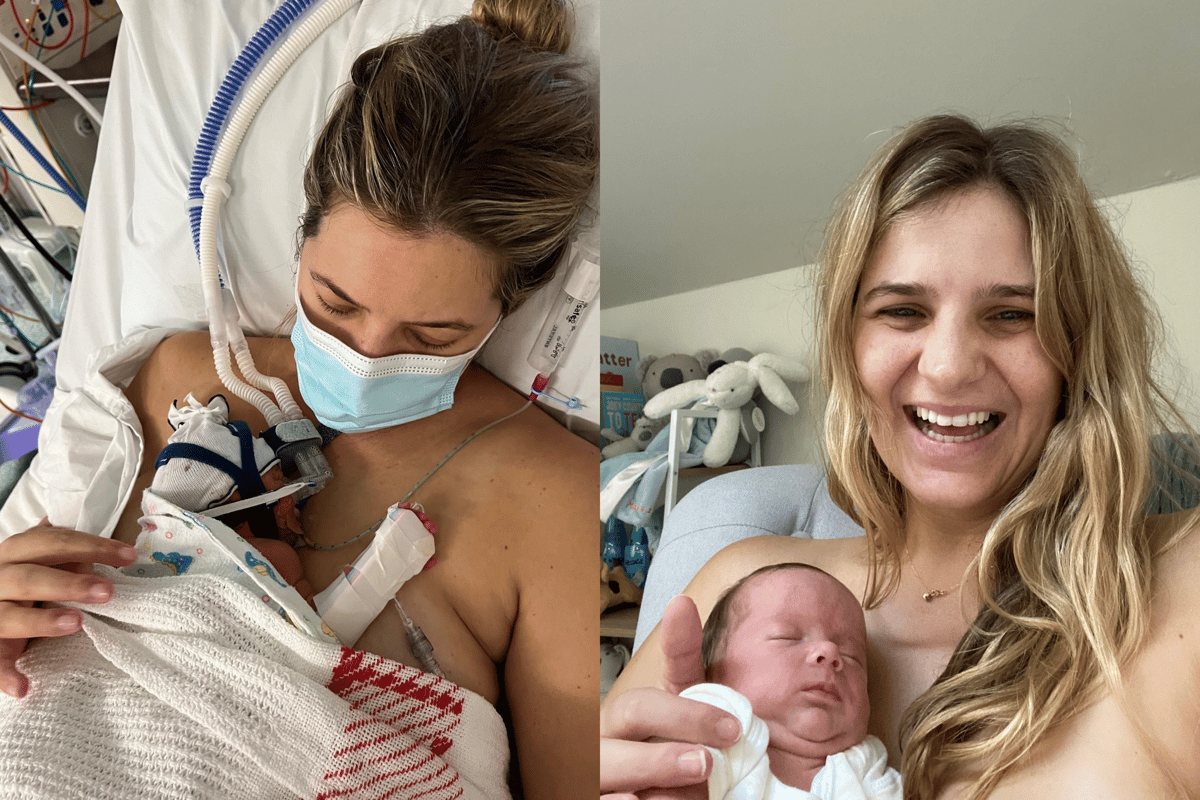
My first pregnancy didn’t go exactly as planned.
While everything looked normal to start with, our baby boy started showing signs of restricted growth at our 20 week scan. From there, he dropped percentiles rapidly. By 28 weeks, he was sitting in the 6th percentile, and by 30 weeks, I’d been diagnosed with severe preeclampsia. At 32 weeks and 1.6kg, following a terrifying pre-seizure episode for me and an emergency hospital transfer for both of us, he was delivered, and spent five weeks with the wonderful team in the NICU.
That story has a happy ending - my son is thriving, an absolute delight - but pregnancy is, frankly, not something I was particularly interested in repeating.
The only problem was, I definitely wanted another baby.
When your first pregnancy or birth doesn’t go as planned, there’s so much to process. For most women, though, there’s barely any time to process it, because immediately following that pregnancy and birth is a newborn baby, and they are famously known to take up quite a lot of time.
WATCH: One mum describes what pregnancy illness hyperemesis gravidarum is like. Video via ABC News. Story continues after the video.
If you’re anything like me, you might suddenly find yourself where I did: sitting in your lounge room with a 13-month-old, counting backwards on your fingers, and realising that the two year age gap you always envisaged between your kids means you needed to start trying for another baby… yesterday.

